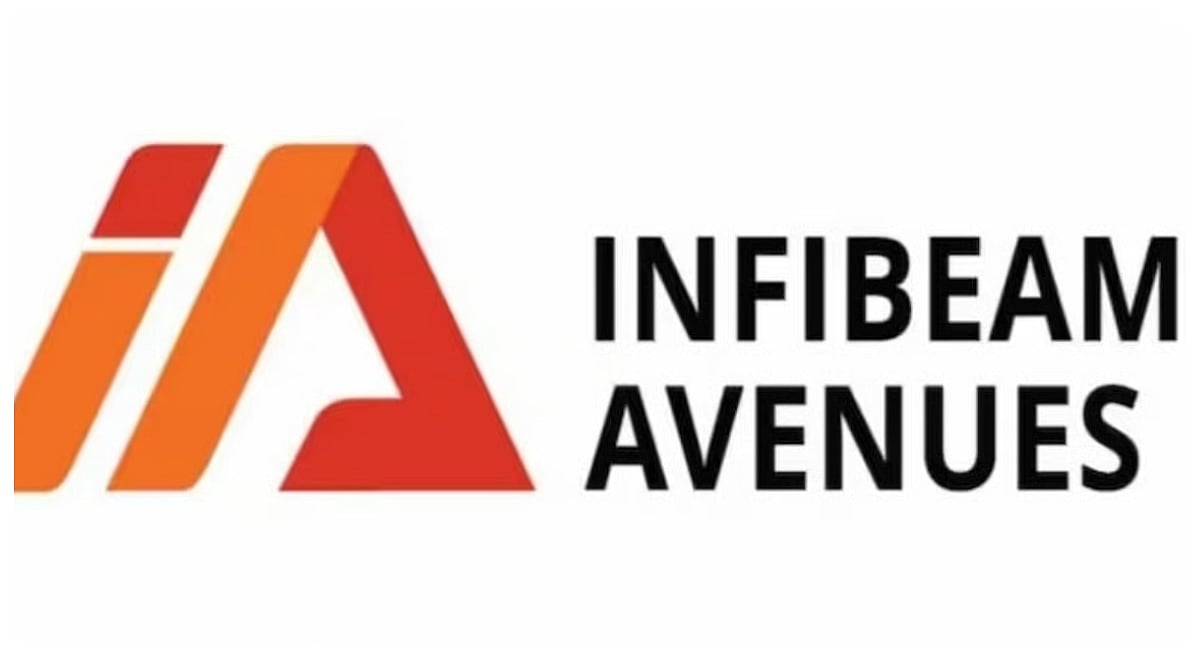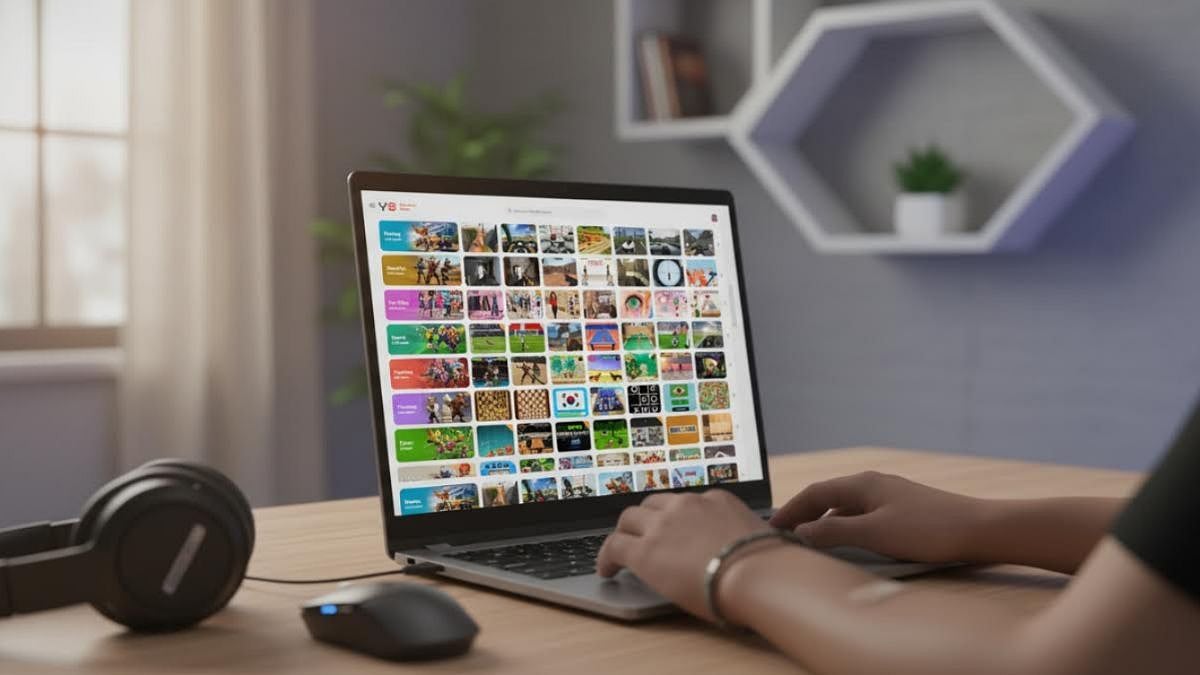Remember when forex trading involved calling your broker on a landline and waiting many hours for the execution of trades? Yeah, those days are long gone. Today's forex market doesn't look anything like it did even a decade ago-and fintech innovations are the main reason why.
That's a pretty wild transformation, if you think about it. What was once an exclusive club for banks and institutional investors is today accessible to anyone with a smartphone and an internet connection.
Mobile Trading Platforms Are Changing the Game
Let's start with the obvious one, which is that mobile trading has utterly changed the way people interact with forex markets. You're no longer bound to a desktop computer in some dark office.
Traders can now monitor positions, analyze charts, and execute trades from literally anywhere. Waiting in line for coffee? Check your EUR/USD position. Commuting to work? Adjust your stop-loss. It’s that easy.
Platforms like MT5 trading have evolved to offer sophisticated mobile experiences that are as good as that on the desktop. The convenience factor itself has introduced millions of new participants in the forex market who may never have gotten into it in the first place.
AI and Machine Learning Are Getting Smarter
AI is no longer a buzzword; it is actually transforming the way market players do their jobs. Machine learning algorithms can now process large amounts of market data in milliseconds and identify patterns that may not be visible to human traders.
Some traders might consider exploring AI-powered tools that provide predictive analytics and sentiment analysis. These technologies have the capabilities to scan news feeds, social media, and economic reports for market sentiment in real-time.
AI is not taking over human judgment; rather, it will be a strong tool that a trader can use in his decision-making. The final call still lies with the individual.
Integration with the Blockchain and Cryptocurrency
Meanwhile, blockchain technology is quietly making forex trading more transparent and secure. The decentralized nature of blockchain could potentially reduce settlement times from days to minutes.
Some fintech companies are looking into using cryptocurrency as a bridge currency for Forex transactions. This would, in effect, lower transaction costs by making cross-border payments much faster and cheaper.
The crypto-forex crossover creates interesting new opportunities, but traders would do well to approach these innovations with careful consideration of the associated risks.
Social Trading Platforms Democratize Knowledge
Something which would have been labeled as crazy 20 years ago is the ability to copy the trades of successful traders automatically. The social trading platforms have, in fact, made this possible.
These platforms allow beginners to observe, and therefore possibly learn, the strategies of experienced traders. The ability to follow top performers and even mirror their trades automatically may be investigated by some investors.
It's like having a mentor available 24/7, but one must always remember that the past performance does not assure future results.
Cloud Computing and Data Analytics
Cloud technology democratizes access to powerful analytical tools for the retail trader. No longer does one have to invest in expensive hardware or software subscription services; all run in the cloud.
Advanced charting tools, backtesting, and real-time data feeds were once reserved for institutional traders. Now they are available to everyone. This has leveled the playing field and made the market more competitive and efficient.
Enhanced Security and Regulation
Innovation begets better security, it seems, as fintech companies are rising to the challenge. Biometric authentication, two-factor verification, and encrypted communications are all becoming commonplace.
Regulatory technology also continues to play a role in ensuring that platforms follow financial regulations in a variety of jurisdictions. Increased oversight could give more confidence to traders in selecting a platform.

What's Next?
The pace of innovation will surely not slow down. We are very likely to see even more integration of emerging technologies like quantum computing, enhanced virtual reality trading environments, and more sophisticated automation tools.
For traders, it means more opportunities but also more complexity to make deals. The key is staying informed and approaching new technologies with both curiosity and caution. The fintech revolution has made forex trading more accessible, efficient, and democratic than ever before.
No matter whether one is a veteran trader or a neophyte considering entry, these innovations are changing everything that is possible-and we've probably just seen the beginning.









